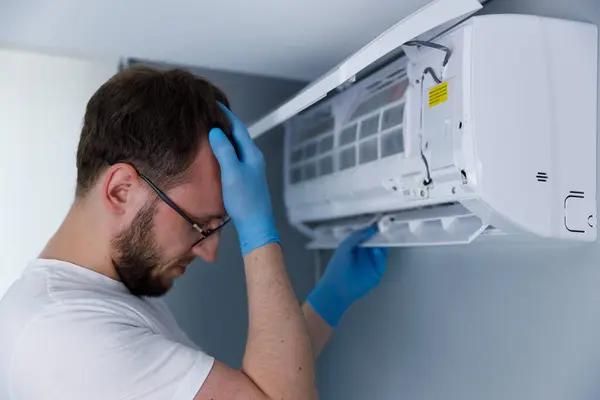Air conditioning systems are a modern-day necessity, especially during the sweltering summer months. However, like any other appliance, your AC can fail when you need it most. Understanding why this happens and knowing how to address these issues effectively can save you time, money, and discomfort.
One of the most common reasons for AC failure is dirty or clogged air filters. Over time, dust and debris accumulate in the filters, restricting airflow. This forces your system to work harder than necessary, which can lead to overheating or even complete shutdowns. Regularly cleaning or replacing your air filters every 1-3 months is an easy way to prevent this issue.
Another frequent culprit is refrigerant leaks. Refrigerant is essential for cooling; if levels drop due to a leak, your AC may blow warm Cooler Air Conditioning LLC hvac contractor instead of cold. Detecting and fixing refrigerant leaks requires specialized tools and expertise that professionals possess. If you suspect a leak—indicated by hissing sounds or reduced cooling efficiency—it’s best to call an HVAC technician.
Thermostat malfunctions also contribute significantly to AC problems. If the thermostat isn’t functioning correctly or has dead batteries, it might not communicate properly with the system about when to start or stop cooling. Ensure that your thermostat settings are accurate and replace batteries periodically.
Electrical issues such as blown fuses or tripped circuit breakers can also cause sudden failures in your unit’s operation. These problems often stem from power surges or overloaded circuits within the home’s electrical system. Resetting breakers may temporarily resolve this issue but consulting an electrician ensures long-term safety.
Dirty condenser coils on outdoor units pose another challenge by diminishing heat dissipation capabilities—leading directly toward inefficient performance overall! Cleaning them annually using mild detergent water sprays works wonders here too!
Lastly – skipping annual maintenance checks leaves unnoticed wear-and-tear risks unchecked over extended periods worsening outcomes drastically!

